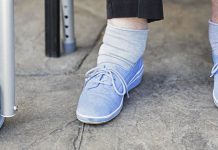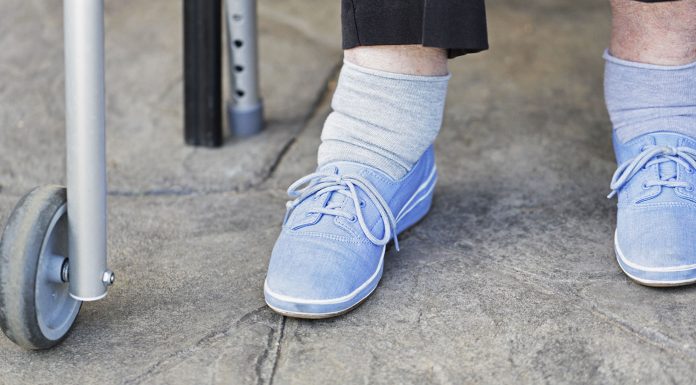That every nurse can be a leader is one of the beliefs driving this year’s International Nurses Day theme, Nurses, a Voice to Lead.
International Nurses Day is held each year on the birthday (12 May) of Florence Nightingale, the astute founder of the modern nursing movement who also pioneered using statistics to lobby for health reforms.
Kiwi nursing academic Dr Jill Wilkinson believes nurses don’t have to be a Florence Nightingale – or have ‘leader’ in their job titles or descriptions – to also make a difference to the health of their communities, be it locally, nationally or internationally.
For six weeks last year Wilkinson was based in Switzerland helping to write the material for this year’s IND toolkit that encourages nurses globally to take a lead. The kit is particularly focused on how nurses can help to meet the UN’s
17 Sustainable Development Goals (SDGs) and shares inspiring examples of how nurses’ daily work is already achieving that around the world – from Zambia to New Zealand and China to Syria.
Wilkinson, whose usual day job is associate head of Massey University’s School of Nursing, was working as a health policy intern for the International Council of Nurses, which each year creates the IND toolkit. She first heard about the internship when briefing Dr Frances Hughes – the Kiwi who has been leading the International Council of Nurses (ICN) since February 2016 – on advanced nursing practice and prescribing when Hughes was in transit from her post as Queensland’s chief nurse to her new ICN chief executive post in Geneva.
The new-format toolkit is out now and is available to download from the ICN website. For the first time it will be linked to an accompanying website and will also see ICN encouraging nurses to use social media to raise awareness, including using the Twitter hashtags #IND2017 and #VoiceToLead (see www.icn.ch/publications/2017-nursing-a-voice-to-lead-achieving-the-sustainable-development-goals).
’Everyday’ nurses can make a difference
“Every action, no matter how small, counts,” is noted in the ICN toolkit that Wilkinson helped to write. She advocates that ‘everyday’ nurses on the ward or practice floor are an essential first link in the policy development chain.
For example, chief nursing officers rely on hearing from nurses what’s really happening in clinical practice and other policy influencers – such as national nursing organisations – and also rely on members’ participation and feedback to prepare submissions and lobby government.
Wilkinson believes it is important for nurses to be active politically, even if in a small way. ‘Liking’ a news item about a health issue on Facebook can contribute to awareness being spread worldwide. Other actions can range from nurses getting to know their elected representatives, making submissions, sharing expertise, speaking to media or standing for election themselves.
Nurses’ key role in achieving SDGs
The Sustainable Development Goals that the ICN wants nurses to help achieve call for the world to work together on ending poverty, achieving zero hunger and improved access to healthcare, reducing inequalities, and meeting the 13 other goals by 2030.
The toolkit argues that nurses are primary providers of health across the world so are key to achieving the SDGs. Likewise, investment in the nursing profession worldwide is essential.
“Are nurses really expected to go out and solve all the world’s problems when we are overworked, underpaid, under-resourced and exhausted?” is a question in the toolkit.
The answer is that nurses are already doing that. The kit shares stories such as that of Syrian nurse Khaled Naanaa, whose patients in the besieged town of Madaya faced starvation until she sent videos and photos to a news outlet that went viral and saw the Syrian Government finally permit a UN convoy through, although it was too late for 28 of the residents.
Wilkinson says the SDGs are fantastic goals and, ranging from water and sanitation to gender equality, are as diverse as the nursing workforce.
“There is something in there that any nurse could pick up and be interested in,” she says.
Nurses can then be a voice to lead – whether as a leader with a small ‘l’ or a big ‘L’.
International Nurses Day Resources 2017
IND Website: Nurses: A Voice to Lead
IND Video: You are a Nurse
IND Kit 2017 (download pdf)






















